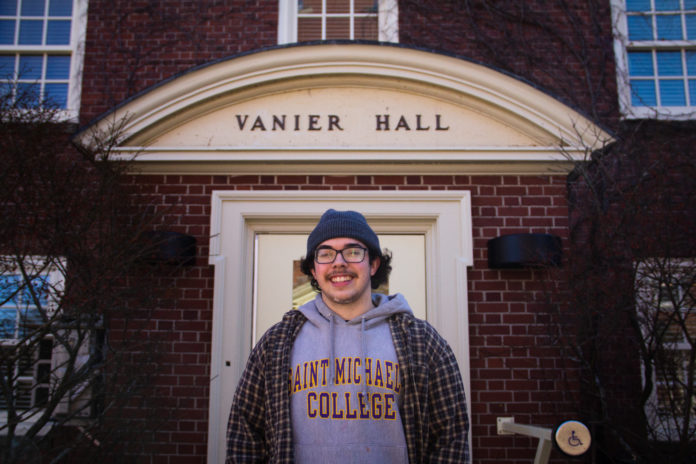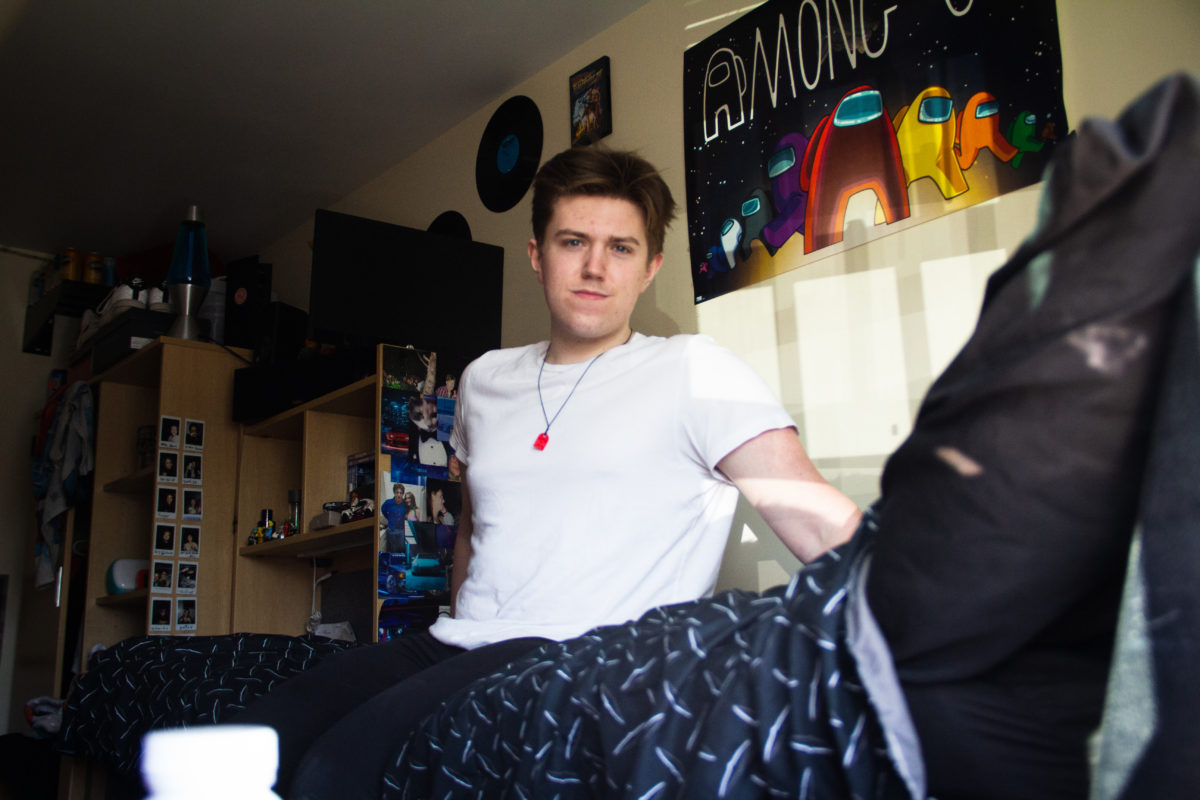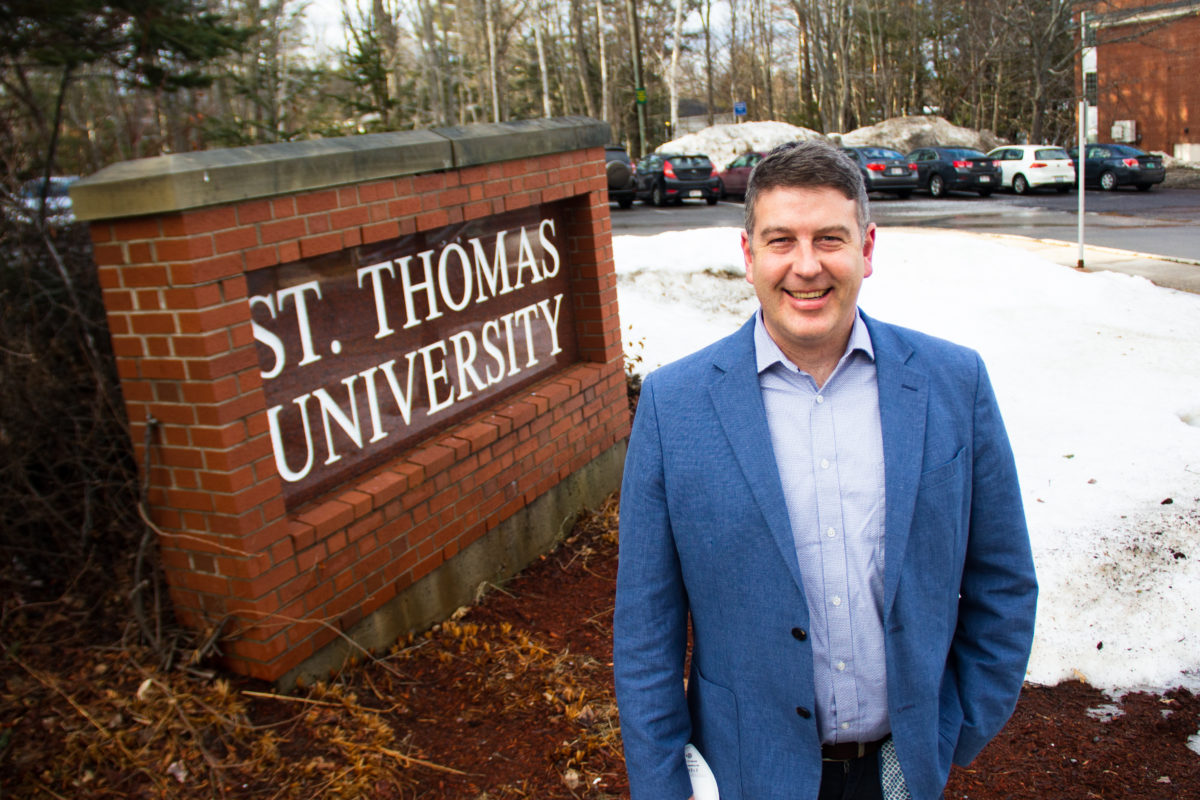
After going out to eat with some friends in mid-January, Jonathan DesRoches, a second-year St. Thomas University student living in Vanier Hall, felt as if something was bugging him. He was feeling gross, but couldn’t tell if it was from something he ate. To be safe, he got tested for COVID-19 and his test came back positive.
“I did the rapid test and then next thing you know it came up [with] a second line on it,” he said. “It kind of took me for a loop and I was like ‘I have COVID, what do I do?'”
DesRoches was unsure of what to do, so he texted his sister, who is a residence coordinator. She told him to email Carmen Law, assistant director of residence life, who told him to stay in his room and call his close contacts.
DesRoches was alone in isolation for five days.
He felt fine on the first night, but on the second day, he showed symptoms such as a fever, cough and stuffy nose. He also had issues breathing and at one point had to call 811 so they could give him breathing exercises.
“I would be constantly short of breath … still to this day I have trouble breathing sometimes,” he said.
Except for the breathing issues, most of his symptoms only lasted a couple of days. DesRoches also experienced the mental consequences of isolation, which led to a lack of motivation, loneliness and boredom.
“I’m a very social person and my social interactions [are] what feeds my mental health to be good,” he said.

Dakota Peacock, another second-year student from Vanier Hall and DesRoches’ roommate, was on the list of close contacts and had to quarantine with his girlfriend. Although he initially tested negative, he received a positive result on the sixth day of their isolation, so they went right back into quarantine for another five days.
While Peacock did not have any symptoms, his girlfriend had a hard time breathing. Aside from that, he wasn’t as affected as his roommate.
“Being locked down with another person really helps you,” said Peacock. “It was really nice not actually being fully alone for 10 days.”
Peacock still struggled with his motivation, saying he didn’t even get dressed for most of his time in isolation.
DesRoches and Peacock are just some of the students that had to quarantine in STU residence. Ryan Sullivan, STU’s associate vice-president of enrolment management, said residence life is in charge of taking care of students while they are in isolation, which involves delivering meals and checking in on their physical and mental health.
“If a student is getting worse, we would refer them to contact 811 … and obviously if there [are] severe [symptoms], we would call 911 immediately,” he said.

Sullivan said, from Jan. 15 to Feb. 18, there were 13 cases of COVID-19 in residence.
Symptomatic students living in residence must test for COVID-19. Students can ask for rapid tests at residence life on the weekdays or their residence advisors on the weekends. If their tests come back positive, students need to notify residence life and the Government of New Brunswick. STU will then assist the student with identifying their close contacts.
The positive case and their close contacts must isolate for five days if they are vaccinated and for 10 if they are not. STU provides them with an isolation kit that has sanitizers, extra masks and rapid tests.
Sullivan said students responded well to living in a communal environment.
“That is a testament to the student body … I’m really proud of how our students have responded to these challenging situations and they’re making the most of this whole situation,” he said.
